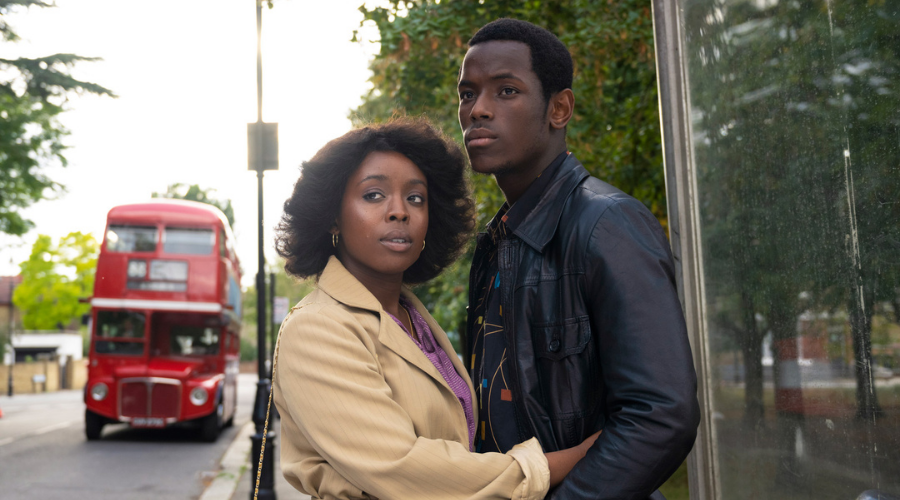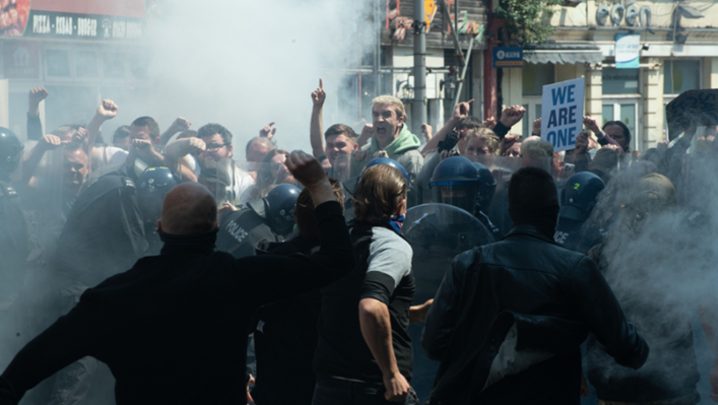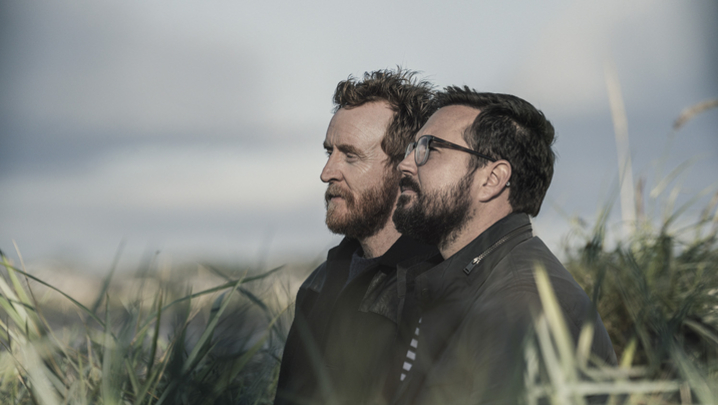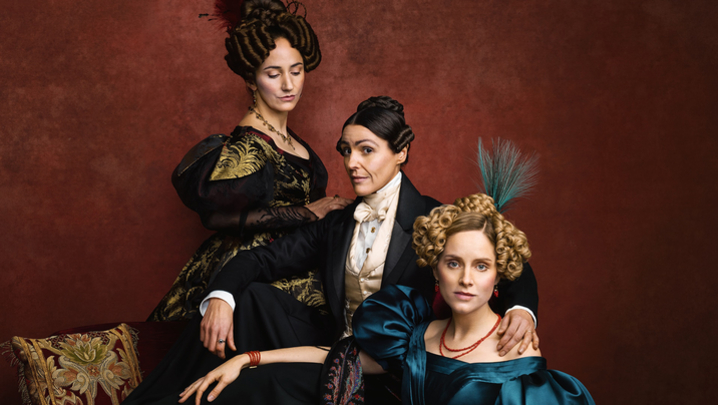Key people in the creation of BBC One’s Small Axe share the backstory of Steve McQueen’s film anthology.
The benefits of assembling genuinely diverse production teams are often talked about but seldom fully realised. A notable recent exception was Steve McQueen’s ground breaking Small Axe, the anthology of five feature films first shown on BBC One late last year, and the recent winner of five Bafta craft awards.
Four of the five films depicted the troubling experiences of first-generation West Indians living in west London during the 1960s, 1970s and 1980s, while the fifth, Lovers Rock, was a celebration of a night out at a house party in Ladbroke Grove in 1980.
An RTS production focus event last month heard how the makers of Small Axe were determined to accurately represent British people of Caribbean heritage and those from other ethnic groups. They also wanted to ensure that the crews who made Small Axe were genuinely diverse despite high demand for production personnel.
In Red, White and Blue it is not only the central character, rookie police officer Leroy Logan (played by John Boyega), who is subjected to the Met’s systemic racism – a more experienced British Asian policeman is also racially abused. Logan went on to form the Black Police Association, an attempt to reform the force from within.
Red, White and Blue was co-written by McQueen and Courttia Newland, the novelist and co-editor of the recent anthology IC3: The Penguin Book of New Black Writing in Britain. He told the RTS about the challenge of depicting a non-fictional character in a TV drama: “I knew it was a brilliant story, but I was slightly intimidated by telling it. I’d never written about a real person before, let alone someone who was across the table from me telling me his story.
“But, throughout the process, Leroy was amazing and completely generous. He didn’t ask to see the script and was completely hands-off. He trusted us.”
The writer, who also collaborated with McQueen on Lovers Rock, stressed the importance of portraying a wide range of Londoners in these films; he himself attended a school where 127 languages were spoken.
Newland said: “With Lovers Rock, I leant quite heavily on my Jamaican heritage. Our dialogue coach, Hazel, came in and said, ‘I’m going to mix this up a bit, put some Trinidadian here and some St Lucian there’.
“That was really great, too. It was like, ‘Let’s play, let’s have some fun and enjoy ourselves’. I think you can feel that in the film.”
He added: “I’d been waiting for this my whole life – to tell the story of black Britain on such a massive canvas, and working with someone as brilliant as Steve. I was bowled over at the opportunity.”
Small Axe executive producer Tracey Scoffield, who worked for a decade at BBC Films before co-founding Turbine Studios, told the RTS that she had suffered “nightmares about having an entirely white crew standing behind the camera facing a black cast”.
She continued: “I thought, that is not going to happen, but it was a very busy time in the industry when we shot this. The original West Indian people we’d wanted to be heads of departments were all busy, so we had to rethink it.”
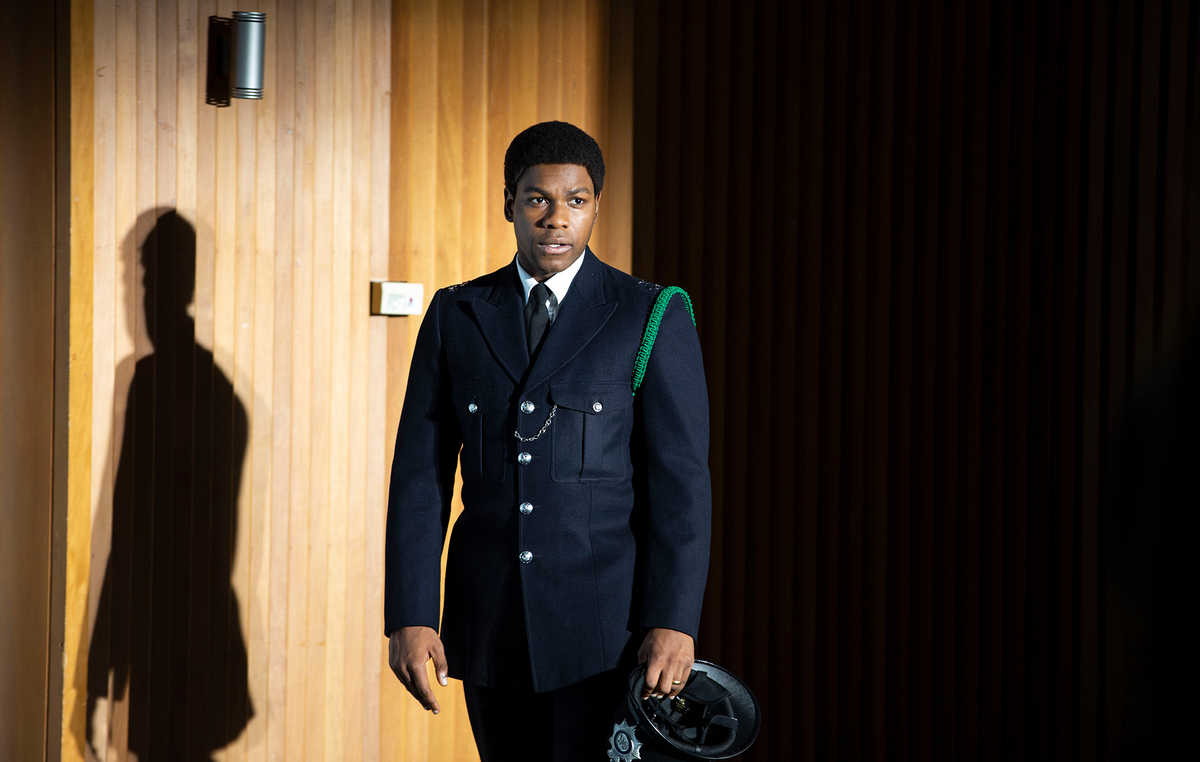
To identify and develop new people, the BBC and co-producer Amazon were persuaded to contribute to a trainee scheme. This enabled Scoffield to have a trainee working in every production department. Around a third of the workforce that made Small Axe had Caribbean backgrounds. The head of hair and make-up, JoJo Williams, whose CV includes working with Idris Elba, was originally due to take part in the RTS production focus but had to pull out to work in South Africa.
The films had a long gestation period. McQueen’s agent originally contacted Scoffield in 2010 to see if she would be interested in working with the director, recently acclaimed for his first feature film, Hunger, the story of IRA hunger striker Bobby Sands.
She revealed that part of the inspiration for what became Small Axe was that McQueen had wanted to make something for his mother. He felt that she belonged to a generation of people who had come to the UK from the West Indies but “there was never anything on TV that reflected their experience. This was a generation that didn’t write things down and, between the generations, didn’t speak to each other.
“One of the most gratifying things about this project was that it started the generations speaking to one another.”
Why did Scoffield want to get involved? “I come at these stories from a different cultural perspective, but I am a Londoner, born and bred. I was born and brought up in west London, where a lot of these stories are set. For me, anything that is about the history of London is fascinating.”
Pivotal to the project was former Newsnight journalist Helen Bart, an associate producer on Small Axe, who spent hours conducting interviews with people from London’s West Indian community. Only after she had completed her research was it decided that what became Small Axe should tell true, rather than fictional, stories.
Unusually for a TV series, the five films each have different lengths, ranging from 63 to 123 minutes. Arguably, the project’s bedrock was Mangrove, the story of the Mangrove Nine, a group of black British activists charged with inciting a riot when police targeted the Mangrove restaurant in Notting Hill.
Mangrove culminates in a searing courtroom drama, one of the most emotionally charged pieces of TV drama shown last year.
“The Mangrove story stood out,” noted Scoffield. “It was an important piece of social and cultural history, which had been swept under the carpet. As Steve said, ‘These stories are hiding in plain sight’. He said the same thing about Hunger and Twelve Years a Slave. Mangrove laid out the stall for the whole series. This is what this series is going to be about: collective action and communities of people coming together.”
From the beginning, the idea was to bring cinematic values to the small screen. Scoffield’s background in both TV and film – as well as working for BBC Films, she executive produced the Emmy-winning The Gathering Storm – made her well qualified for the job.
“A lot of TV drama is made on very tight schedules,” she said. “Steve is a film-maker obsessed with attention to detail and doesn’t believe in making any compromises unless he has to – and then they’d be very creative ones.”
Unusually for a TV drama, Mangrove was shot on 33mm film stock. “Lovers Rock was the one we had to do cheaply and shoot digitally,” said the executive producer. “Each film is very different to the others, so each time it was like starting from scratch again.”
As for the key job of casting, Small Axe employed casting director Gary Davy, a long-time McQueen collaborator. He had worked on Hunger and won an Emmy for HBO’s Band of Brothers, co-created by Steven Spielberg and Tom Hanks.
“At first, I didn’t quite realise how big it was,” recalled Davy, who started looking for actors for Small Axe in 2016. “Authenticity is important. As casting directors, we always want to get someone who looks like the real person. That is always in the back of our mind…
“Steve always says he wants the right person for the part. He wants and loves good actors. We are never going to run out of good actors in this country. We could have cast this show twice over with the amount of talent that we’ve got here.”
Report by Steve Clarke. The RTS London event ‘Production focus: Small Axe’ was held on 19 May. It was chaired by Aradhna Tayal, producer and consultant at Clockhouse Media. The producer was Lettija Lee.

